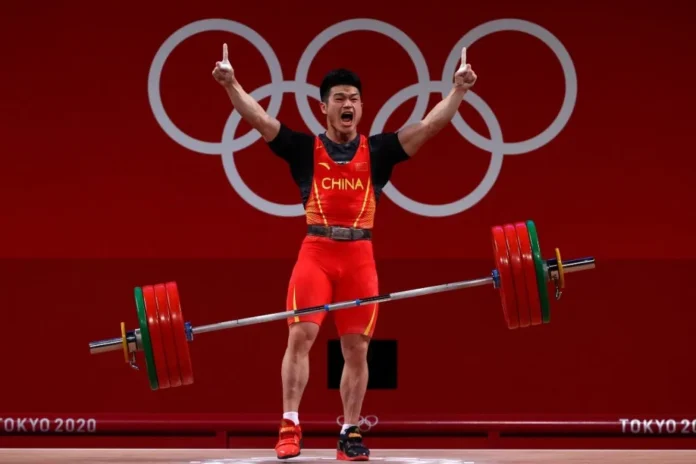Author: Graham Allison
Affiliation: Harvard Kennedy School
Organization/Publisher: The National Interest
Date/Place: July 29, 2021/USA
Type of Literature: Article
Word Count: 1971
Link: https://nationalinterest.org/feature/geopolitical-olympics-could-china-win-gold-190761
Keywords: Tokyo Olympics, US Challenge, China’s Rise, Full-Spectrum Peer Competitor, and the Struggle For Global Primacy
Brief:
Graham Allison presents here China’s overthrow of the United States from the first places of competitions since the 2008 Olympics, and its determination to win the most gold medals in the Tokyo Games, as a good example to remind Americans about the Chinese challenge to its global status and the US-led international order. Contrary to what many American officials believe and still insist on ignoring, China in a way is “a full-spectrum peer competitor” of the United States. The author explains how China was, until the beginning of the 21st century, far from any geopolitical competition. It was economically classified as a “poor, developing country”, whose per capita income was close to that of the Philippines and Guyana, suffered from technological backwardness and did not pose any military threat, and diplomatically pursued a policy of “hide and bide” in which it sat quietly regarding regional and global issues. However, China has witnessed a rapid and huge emergence in various fields during the past two decades in an unprecedented way in history, to the extent that “we have not yet had time to be astonished”, as the former Czech President Vaclav Havel put. The author provides a set of examples. China, for instance, has become the first manufacturing workshop in the world, the first trading partner for most world countries. It has been the main engine of economic growth since the Great Recession of 2008. Its military and technological development has eroded the American competitive advantage in all arenas of war. China is also making an amazing breakthrough in the field of artificial intelligence technologies that will have the greatest impact on economies and security in the next generation. In the article’s second part, the author presents some findings of a forthcoming report from Harvard’s China Working Group on the “Great Rivalry: China vs. the US in the 21st Century.” The report is directed to the new administration, its main task is “to document what has actually happened in the past two decades in the array of races between China and the US”, with the aim of providing “an objective database that could serve as a foundation for policymakers who would undertake a fundamental strategic reassessment of the China challenge.” The report examines five main arenas of power: economic, technological, military, diplomatic, and ideological, in order to determine the position of each party in this competition. The report’s findings confirm that China’s performance has improved significantly in most of these areas. First, China has already risen to a point that it has upended the post-Cold War order in all areas. It is time to recognize China as a “full-spectrum peer competitor” of the United States, contrary to what officials in Washington think of it as a “near-peer competitor.” It actually poses the most ever serious challenge to Americans. Second, China outperforms the US in a number of important areas and demonstrates the improbability of the United States’ recovery. Third, if both nations continue on their current trajectories, by 2030, China’s economy will be twice the size of America’s. It is likely that Beijing will have sustainable advantages in a number of areas that used to be dominated by Washington. So, Americans will have to deal with a world in which China is No. 1 in some areas. Fourth, if winning the most gold medals at the Olympic Games is simply a matter of national pride, then China’s winning of “gold medals” in key geopolitical areas of competition will have extremely negative consequences for the US economy, security, and the US-led international order. Fifth, the report does not believe that this means “game over” for the United States. Historically, Washington has had the ability to wake up early and turn the course of major competitions in its favor, as happened in the two world wars when the Germans and the Japanese dominated Europe and East Asia, or in the Cold War when the Soviets launched Sputnik into orbit. Allison concludes his article by urging Washington to realize the real scale of the Chinese challenge, that this may be “the beginning of wisdom,” believing that this will lead the US to mobilize a response fit with this challenge, as the US historically has never shrunk from competition. Its economy and democracy have been based primarily on competition, and this great competition will spur the United States to run faster than it would do running alone.
By: Djallel Khechib, CIGA Senior Research Associate




